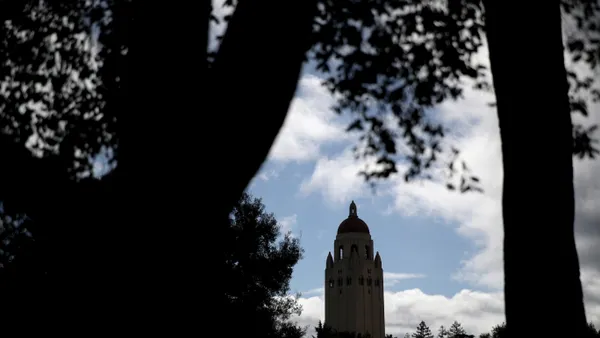McDonald’s has asked the U.S. Supreme Court to decide whether hiring restrictions between franchise operators under the same brand should be presumed subject to federal antitrust laws, as well as whether courts should ignore the “procompetitive impact” of such restrictions on other markets, according to a petition for writ of certiorari filed Nov. 21.
The fast food chain’s appeal arises from the U.S. Court of Appeals for the 7th Circuit, which held in August that a lawsuit challenging a no-poach clause included in franchise agreements could proceed.
Under the no-poach clause, McDonald’s franchise operators agreed not to hire each other’s employees, or those employed directly by McDonald’s, for six months after employees’ last date of employment with either entity. A separate clause prohibited franchises from soliciting other franchises’ employees, per the 7th Circuit.
A group of former employees sued McDonald’s over these restrictions in 2018, alleging they constituted a “per se” violation of the Sherman Antitrust Act.
The district court rejected that argument. But the 7th Circuit held that the lower court had done so “too early.” It vacated the judgment and remanded the case for further proceedings.
In the petition, attorneys for McDonald’s wrote that the 7th Circuit’s application of per se treatment to the hiring restraint “turns [the Supreme Court’s] modern approach to per se analysis on its head.”
The company filed with SCOTUS just days after the U.S. Department of Justice moved to drop a case in which the agency obtained its first-ever criminal indictments against a pair of employers that allegedly violated the Sherman Act by maintaining a no-poach agreement.
Within the last five years, multiple fast food chains have removed no-poach clauses from their franchise agreements. The trend picked up especially in 2019 after a multistate coalition of attorneys general launched an investigation of the agreements.














